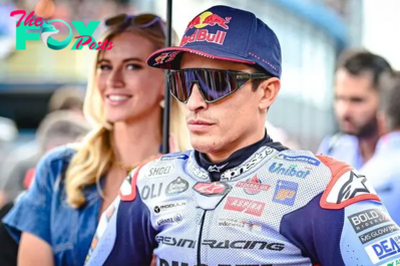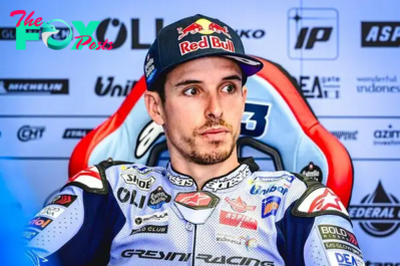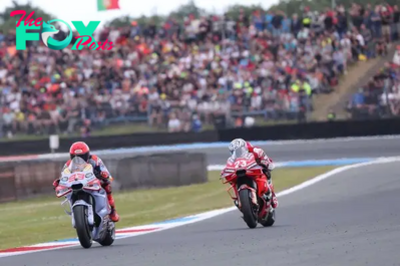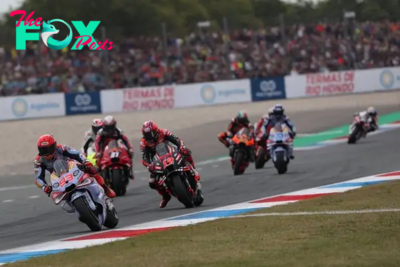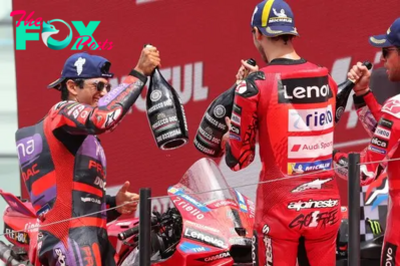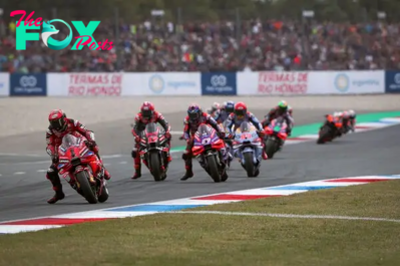MotoGP
Why MotoGP's new format can't be solely blamed for Portugal chaos
Eight months have passed since the announcement of the introduction of sprint races for the 2023 MotoGP season. That timeframe has given rise to countless debates and disagreements between some about the suitability of the formula that finally made its debut last weekend in Portugal.
The evaluation of this first experience was most positive from the spectacle, commercial and promotional point of view, and the conclusion could not be more positive on the part of the promoters of the event: "The truth is that we are very happy."
The reactions have been very positive, both from the holders of the audiovisual rights, as well as from the partners and also from the teams. As is normal, there will be things we will have to fine-tune, especially some of the protocols. But, in general, "we are delighted with the result," summarised Carlos Ezpeleta, sporting director of Dorna, the promoter of the MotoGP world championship, in a chat with Motorsport.com in the paddock of the Algarve circuit.
"On Friday, important things were already in dispute. And Saturday is a ramp that ratchets up the tension until the sprint, which also acts as a hook for Sunday's race," added Ezpeleta, who, despite his satisfaction, is far from oblivious to the most negative aspect of the first stop on the calendar.
"The worst news was the injuries, but I think they are all unrelated to the format."
Ezpeleta's opinion contrasts with that of those who in recent hours have unequivocally pointed to the new dynamic of the weekend as the trigger for the accumulation of injuries left behind by the race at the Algarve circuit. The most serious of all is the one that will keep Pol Espargaro out of comPetition for several months, after the Tech3 GASGAS rider's accident on Friday afternoon.
On Saturday, Ducati's Enea Bastianini broke his right scapula after Luca Marini collided with him during the early stages of the sprint, and Marc Marquez and Miguel Oliveira were the two worst victims of the crash caused by the Honda rider on the third lap of Sunday's race and added to the pile of absentees for Argentina. Jorge Martin, who will be in Argentina with a broken toe and a sprained right foot, was also hit in the Marquez strike. Marquez's mistake hardly has anything to do with the rethinking of the weekend.
The dynamics of this action has been seen before in countless cases, as for example, last year in Montmelo in the mishap between Takaaki Nakagami, Francesco Bagnaia and Alex Rins, because the starting point is basically a misreading of the situation and over-optimism. In any case, the extensive casualty report feeds those who have been waiting for a long time with a sledgehammer to hit the shake-up that has been given to the championship, not to mention those who already did so before the championship got underway.
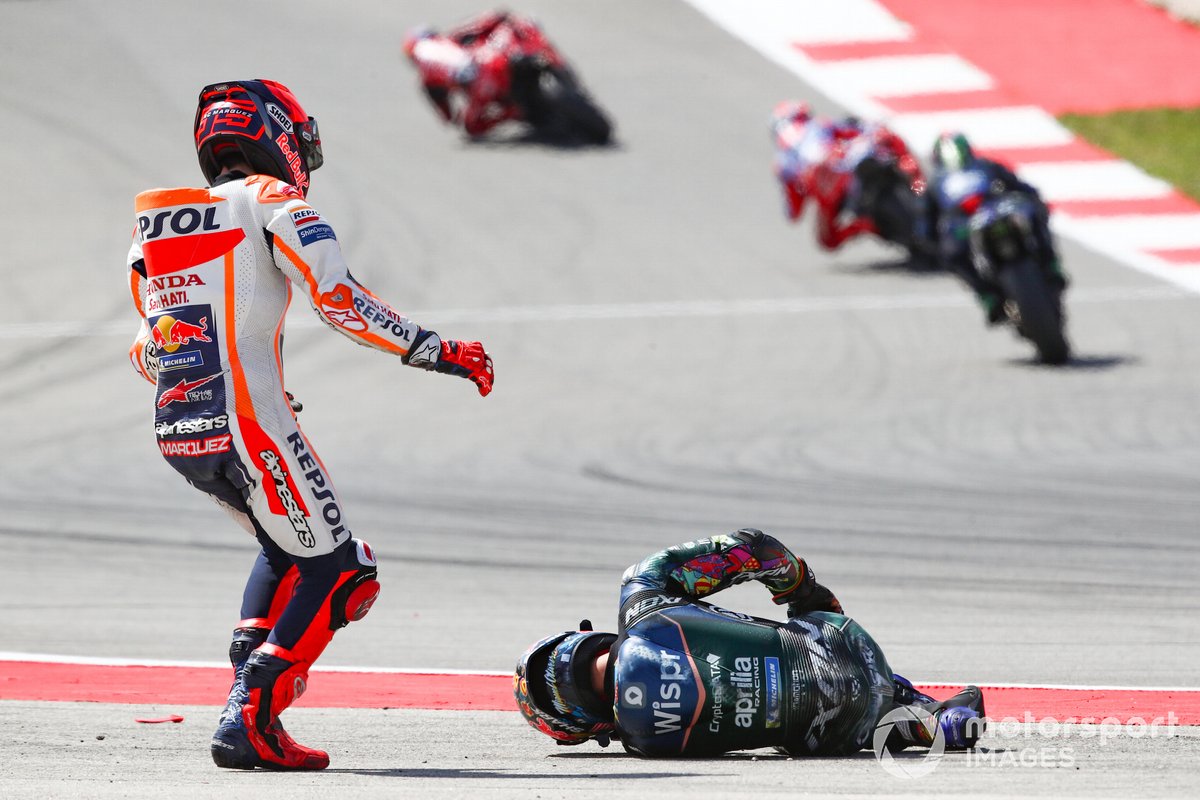
The Marquez/Oliveira crash stole all the headlines, but can't really be attributed to the new weekend format
Photo by: Gold and Goose / Motorsport Images
Obviously, the critical voices with more exposure have been those of the riders, such as Fabio Quartararo, who defined the sprint as a "jungle" due to the maelstrom in which he was involved in the early stages of Saturday's appointment: "Soon there will be a very big accident", anticipates the Yamaha rider, conditioned by a poor qualifying that placed him 11th on the grid, right in the middle of traffic.
At the opposite point are others, such as Jack Miller, who was "excited" with the change. Regardless of the tastes of one or the other, usually permeable to the results obtained, it is appropriate to make a more exhaustive analysis before underlining as solely responsible for what happened in Portugal to the format implemented.
To begin with, it is necessary to take into account the scenario in which these injuries occurred and the situation of the first event of the year. Portugal was the track where the last pre-season test was held. On the one hand, this made for very fast laps and, on the other hand, it further balanced an already compressed field.
On Sunday, Aleix Espargaro set the fastest lap (1m38.872s), but there were five of his rivals capable of lapping in the same tenth of a second as the Aprilia rider. So much equality democratises the chances of obtaining a good result, and that, logically, has an impact on the predisposition to take risks.
"I know there have been complaints, but I didn't see anything crazy being done on Saturday. Managing aggressiveness is more in the hands of the riders themselves than in ours," Carlos Ezpeleta, Dorna sporting director
It is also important to take into account the particularities of a circuit that, without being dangerous, has a profile that does not make it the safest in the world, neither in width nor in the size of the run-offs.
To this must be added the tremendous mistake of not having placed air fences at critical points, such as Turn 10 where Pol Espargaro fell, and the lack of commitment of the layout in the replacement of the gravel of the run-off tracks, which already caused so many complications the previous year: "In Qatar, for example, none of this would have happened because of the characteristics of the track," Aleix Espargaro stresses.
Those who argue that the new format acted as a trigger for the injuries that occurred in Portugal reason their position on the basis of the theoretical aggressiveness of the riders in the sprint, increased by the accumulated stress and nerves. However, the only casualty there was Bastianini, as a result of a slight touch with Luca Marini, which caused him to fracture his right scapula in a sharp hit with the asphalt, but at very low speed.
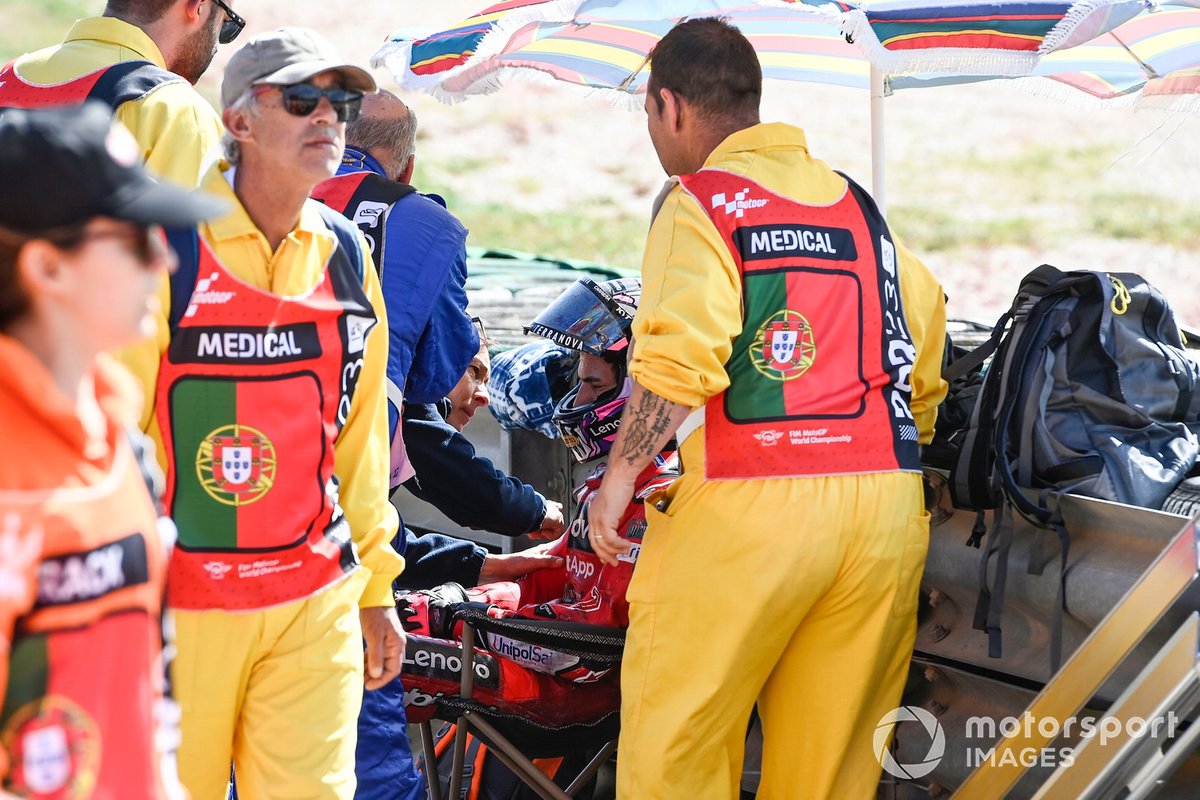
Bastianini was the only real casualty of the sprint, after fracturing his shoulder in a collision with Luca Marini
Photo by: Gold and Goose / Motorsport Images
"I know there have been complaints, but I didn't see anything crazy being done on Saturday. Managing aggressiveness is more in the hands of the riders themselves than in ours," maintains Ezpeleta, who on this matter agrees with Espargaro.
"Controlling the levels of aggressiveness, especially in the first laps, is something we have to talk about among ourselves. In the last lap you can go harder, there can be touches, but what happened here at the start is not normal," warns Espargaro, who, while not directly linking the rush of riders to the new weekend schedule, does highlight the uncertainty that comes with such a profound modification.
"We all have to get used to it, because a change of this magnitude causes a lot of stress and nerves. Once a few more races have passed, everything will stabilise."
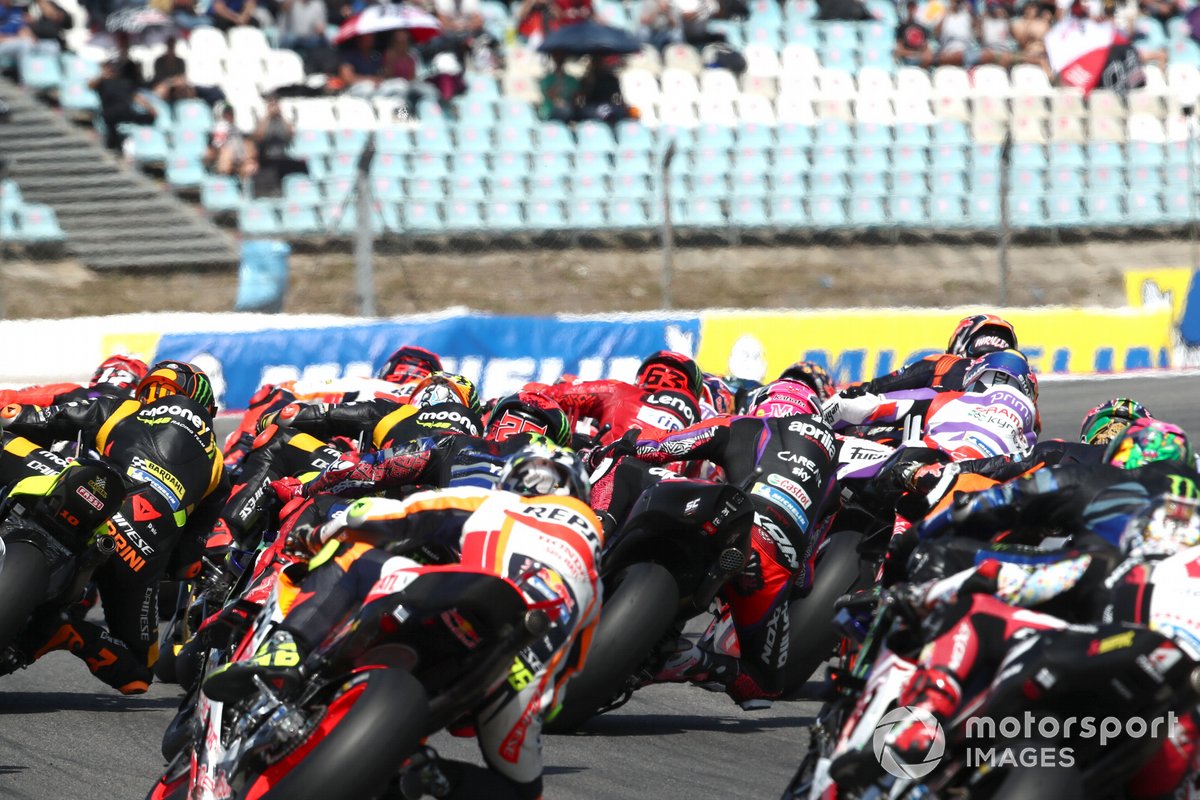
Aleix Espargaro believes the chaos seen in Portugal will settle down after a few rounds of the new format
Photo by: Gold and Goose / Motorsport Images
-
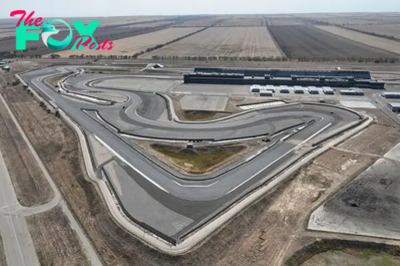
 MotoGP4m ago
MotoGP4m agoMotoGP set to replace Kazakhstan GP with second Qatar round
-
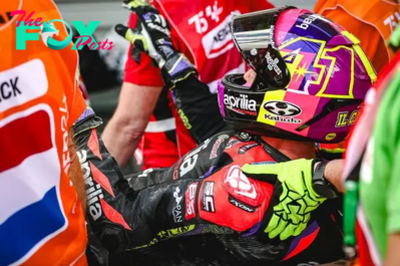
 MotoGP4m ago
MotoGP4m agoEspargaro ruled out of Dutch MotoGP race after high-speed crash
-
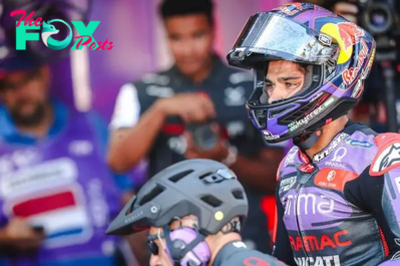
 MotoGP4m ago
MotoGP4m agoMartin hit with grid penalty for MotoGP Dutch GP after qualifying incident
-
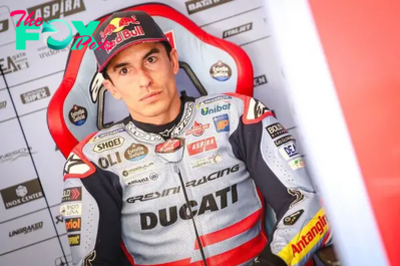
 MotoGP4m ago
MotoGP4m agoMarquez explains Assen MotoGP sprint crash he ‘should have avoided’
-
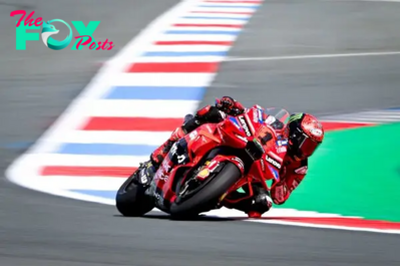
 MotoGP4m ago
MotoGP4m agoMotoGP Dutch GP: Bagnaia takes dominant sprint win, Marquez crashes
-
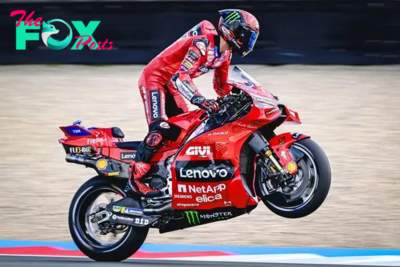
 MotoGP4m ago
MotoGP4m agoMotoGP Dutch GP: Bagnaia smashes lap record to take pole, Marquez crashes
-
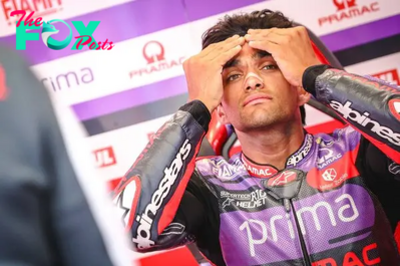
 MotoGP4m ago
MotoGP4m agoMartin: "Strange" to talk to Ducati boss Dall'Igna after MotoGP split
-
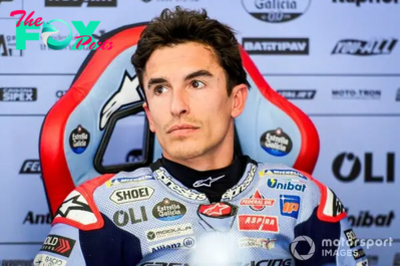
 MotoGP4m ago
MotoGP4m agoMarquez doesn’t feel "guilty" for Pramac/Ducati MotoGP split
